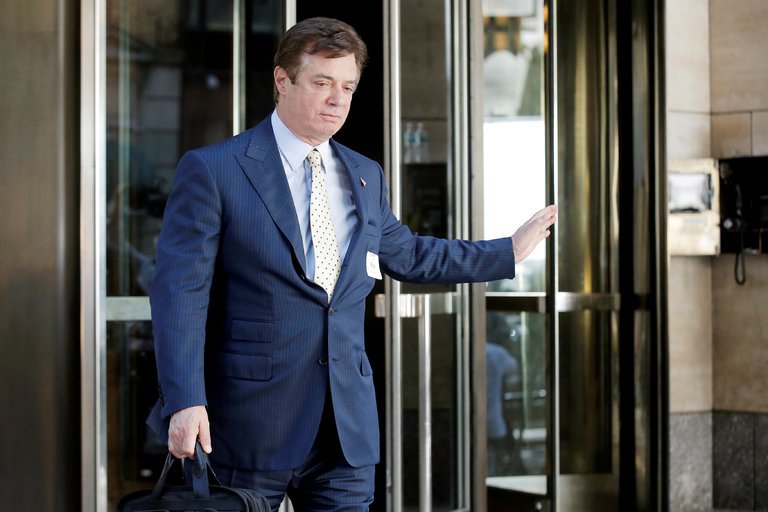With a Picked Lock and a Threatened Indictment, Mueller’s Inquiry Sets a Tone
< < Go Back
Paul J. Manafort was in bed early one morning in July when federal agents bearing a search warrant picked the lock on his front door and raided his Virginia home. They took binders stuffed with documents and copied his computer files, looking for evidence that Mr. Manafort, President Trump’s former campaign chairman, set up secret offshore bank accounts. They even photographed the expensive suits in his closet.
The special counsel, Robert S. Mueller III, then followed the house search with a warning: His prosecutors told Mr. Manafort they planned to indict him, said two people close to the investigation.
The moves against Mr. Manafort are just a glimpse of the aggressive tactics used by Mr. Mueller and his team of prosecutors in the four months since taking over the Justice Department’s investigation into Russia’s attempts to disrupt last year’s election, according to lawyers, witnesses and American officials who have described the approach. Dispensing with the plodding pace typical of many white-collar investigations, Mr. Mueller’s team has used what some describe as shock-and-awe tactics to intimidate witnesses and potential targets of the inquiry.
Mr. Mueller has obtained a flurry of subpoenas to compel witnesses to testify before a grand jury, lawyers and witnesses say, sometimes before his prosecutors have taken the customary first step of interviewing them. One witness was called before the grand jury less than a month after his name surfaced in news accounts. The special counsel even took the unusual step of obtaining a subpoena for one of Mr. Manafort’s former lawyers, claiming an exception to the rule that shields attorney-client discussions from scrutiny.
“They are setting a tone. It’s important early on to strike terror in the hearts of people in Washington, or else you will be rolled,” said Solomon L. Wisenberg, who was deputy independent counsel in the investigation that led to the impeachment trial of President Bill Clinton in 1999. “You want people saying to themselves, ‘Man, I had better tell these guys the truth.’”
It is unusual for a prosecutor to seek a search warrant against someone who, like Mr. Manafort, had already put his lawyer in contact with the Justice Department. No search warrants were executed during the investigations by Mr. Starr or Patrick J. Fitzgerald, a special counsel appointed during the George W. Bush administration to investigate the leak of the name of a C.I.A. officer.
To get the warrant, Mr. Mueller’s team had to show probable cause that Mr. Manafort’s home contained evidence of a crime. To be allowed to pick the lock and enter the home unannounced, prosecutors had to persuade a federal judge that Mr. Manafort was likely to destroy evidence.
Said Mr. Gurulé, the former federal prosecutor, “Clearly they didn’t trust him.”
More From The New York Times:




